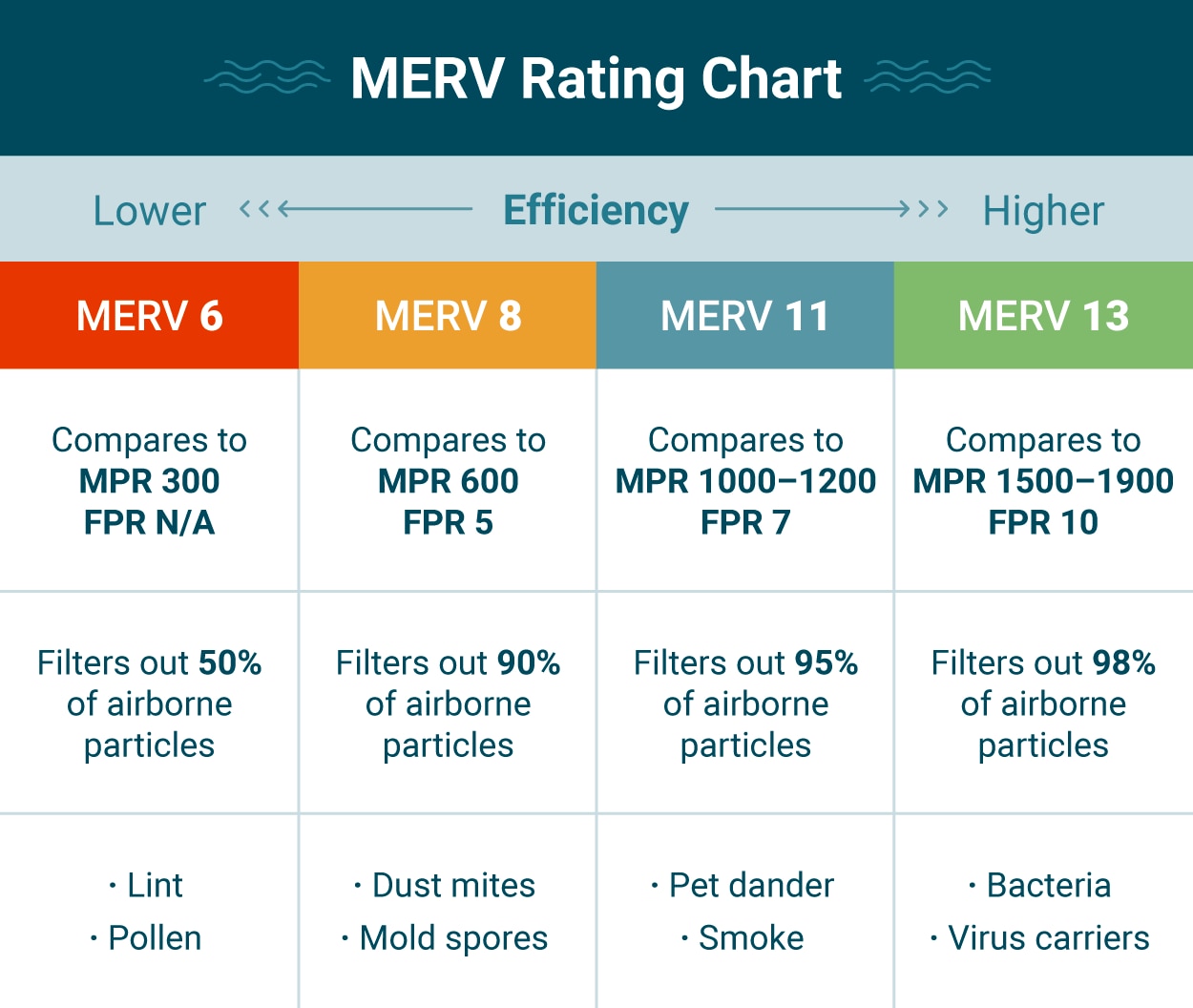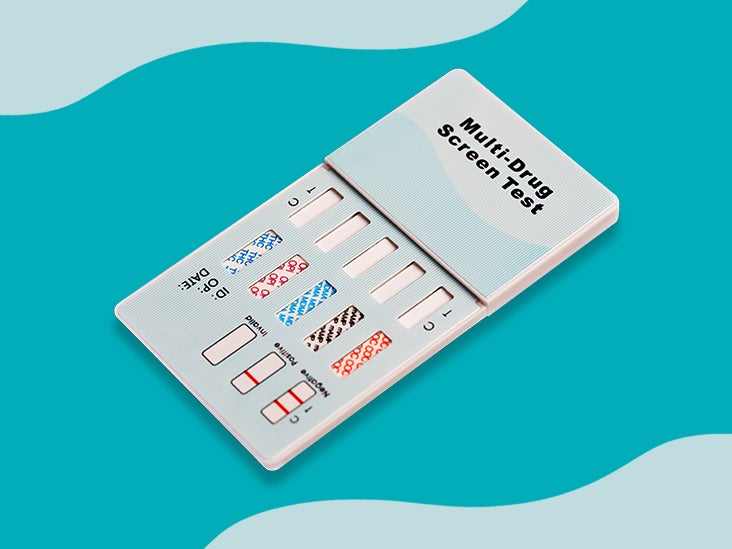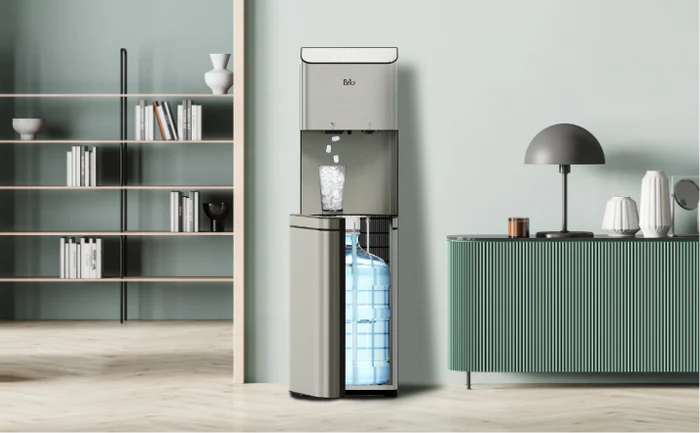What MERV Rating Is Good For Air Flow?
The MERV rating is a measure of the ability of an air filter to capture and remove particles from the air. It is an important factor to consider when choosing an air filter for a home or business. The higher the MERV rating, the better the air filter is at trapping particles such as dust, pollen, and smoke. A good MERV rating for airflow is one that is between 8 and 11. This range of MERV ratings provides an effective balance between the cost and effectiveness of the air filter. A MERV rating of 8 is suitable for most homes, while a MERV rating of 11 is usually recommended for hospitals and other high-risk areas where air quality is critical.
Definition of MERV Rating
The MERV rating is a measurement scale used to rate the efficiency of furnace filters. It stands for “Minimum Efficiency Reporting Value” and is a rating system created by the American Society of Heating, Refrigerating, and Air-Conditioning Engineers (ASHRAE). The MERV rating is based on the ability of a filter to capture particles from 0.3 to 10 microns in size. The higher the MERV rating, the more efficient the filter is at capturing smaller particles, making it better at filtering out dust, dirt, pollen, and other airborne contaminants. MERV ratings range from 1 to 16, with 1 being the least efficient and 16 being the most efficient. Knowing your MERV rating is important when purchasing a filter because it ensures that you are buying the best filter for your home.
Advantages of Having a Higher MERV Rating
A higher MERV rating offers a variety of advantages for homeowners. MERV stands for Minimum Efficiency Reporting Value, which is a rating system that measures the effectiveness of air filters. The higher the MERV rating, the better the filter is at capturing airborne particles, such as dust, pollen, and pet dander. With a higher MERV rating, homeowners can have the peace of mind that comes with knowing their air is being filtered and circulated more effectively. This can lead to better air quality, which can improve overall comfort and well-being. Additionally, a higher MERV rating can lead to more energy efficiency, as the filter will not need to be replaced as often as lower-rated filters. Overall, a higher MERV rating provides the perfect combination of improved air quality, greater energy efficiency, and better overall comfort.
Disadvantages of Having a Higher MERV Rating
Having a higher MERV rating can be beneficial in some ways, however, there are some disadvantages to consider. Higher MERV ratings can put more strain on your air conditioning and heating system, which can lead to increased energy costs and more frequent maintenance. Additionally, more expensive filters with higher MERV ratings can be difficult to find, and they may require more frequent replacement. In addition, some filters with higher MERV ratings can restrict air flow, reducing the efficiency of your system and potentially leading to decreased air quality. Lastly, higher MERV ratings may not be necessary for all homes, and may not provide any additional benefits. All of these factors should be taken into consideration when deciding on the MERV rating that is best for your home.
Factors to Consider When Choosing an Appropriate MERV Rating
Choosing an appropriate MERV rating is an important decision for any business. MERV ratings measure the effectiveness of air filters in trapping and removing airborne particles from the air. The higher the MERV rating, the more effective the filter is at trapping and removing particles from the air. However, the MERV rating should be chosen carefully, as selecting a rating that is too high could result in the filter becoming clogged quickly and needing to be replaced more often, leading to higher costs. Additionally, a rating that is too low may not be effective enough for the desired application. When selecting a MERV rating, consider the size of the particles that need to be filtered, the type of air filtration system that is being used, and the amount of airflow that is necessary for an efficient system. By carefully considering all these factors, you can select the MERV rating that is most appropriate for your needs.

What is the Optimal MERV Rating for Air Flow?
The MERV rating of an air filter is a measure of its effectiveness at capturing airborne particles such as dust, pollen, and other allergens. Optimal MERV ratings differ depending on the application, but generally, the higher the rating, the better the filter’s ability to trap particles. The most common MERV rating for residential use is 8-13, which is effective for removing the majority of air pollutants. For hospital and industrial use, a higher MERV rating is typically used in order to capture smaller particles that can cause health problems. Ultimately, the optimal MERV rating for airflow depends on the application and desired level of filtration.
Common Applications of Different MERV Ratings
Different Minimum Efficiency Reporting Value (MERV) ratings are used to measure the effectiveness of air filters. The higher the MERV rating, the more effective the filter is at capturing airborne particles. Higher MERV ratings are typically applied in commercial or industrial settings, where it’s important to ensure that the air is free from pollutants. Lower MERV ratings are typically used in residential settings, where the focus is on cost savings and energy efficiency. Common applications of different MERV ratings include the following: MERV 1-4: These are typically used in residential settings, as they provide basic filtration of larger particles such as dust and pet dander. MERV 5-8: These are typically used in both residential and commercial settings, as they provide better filtration of smaller particles such as mold and pollen. MERV 9-12: These are typically used in commercial settings, as they provide the highest level of filtration of even the smallest particles such as bacteria and viruses. Knowing the different MERV ratings and their applications can help you find the right balance between cost-effectiveness and air quality.
How to Keep MERV Ratings Working Efficiently
Maintaining MERV ratings efficiently is essential for ensuring that your air conditioning system is working properly. The MERV rating is a measure of the size of particles that are filtered out of the air and is determined by the Minimum Efficiency Reporting Value (MERV) of an air filter. By keeping the MERV rating within the recommended range, your system will be able to effectively filter out particles and keep your air clean and healthy. To keep MERV ratings working efficiently, you should regularly check the filter to ensure it is not blocked, replace it when it is clogged, and check the system for any damage or signs of malfunction. Additionally, you should also perform regular maintenance checks to make sure the system is running optimally. By taking these simple steps, you can ensure your air conditioning system remains efficient and provides clean air for your home.
Conclusion
The MERV rating is a valuable tool for determining what type of airflow is best for your particular needs. Higher MERV ratings provide superior airflow and filtration capability, but the cost and complexity of such units may not be suitable for every application. It’s important to assess your specific needs and budget before committing to a MERV rating. Ultimately, a MERV rating of 8 or higher is recommended for optimal airflow performance and filtration.







